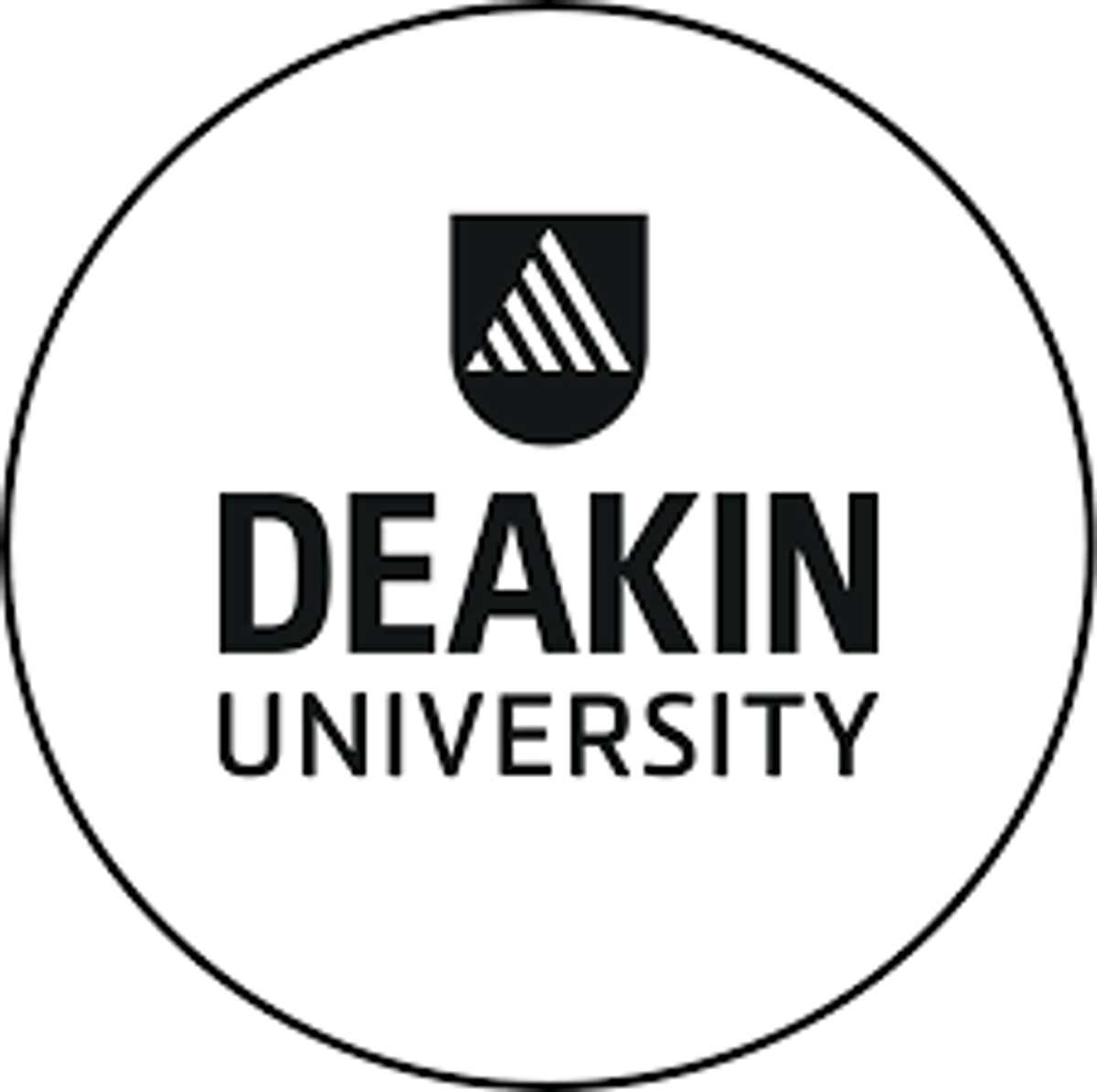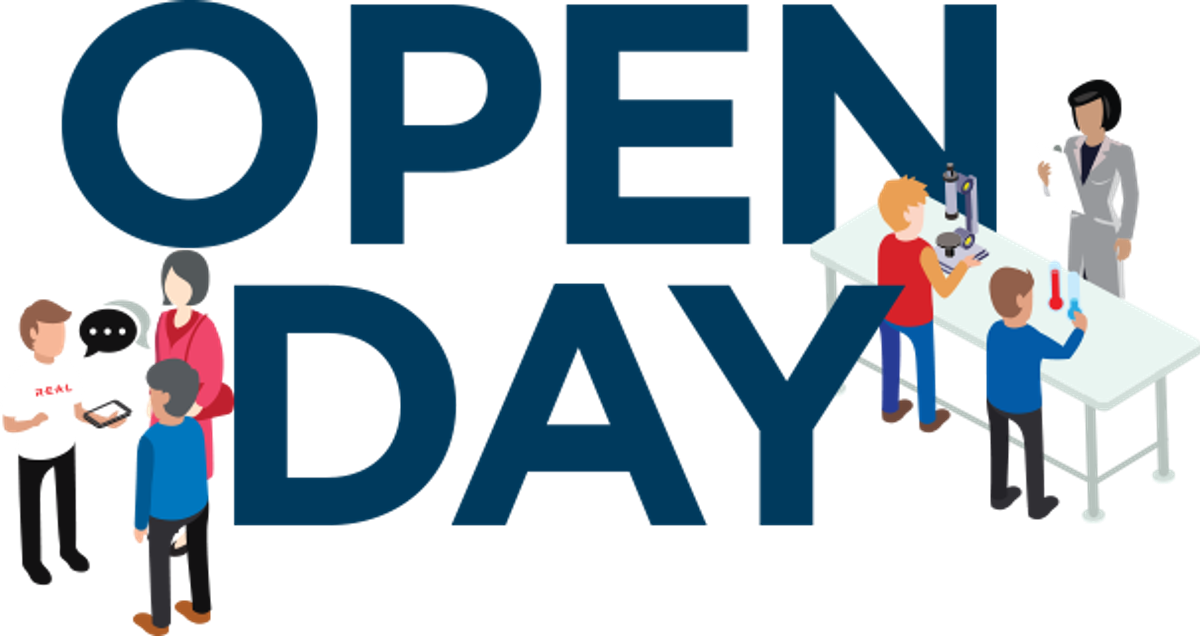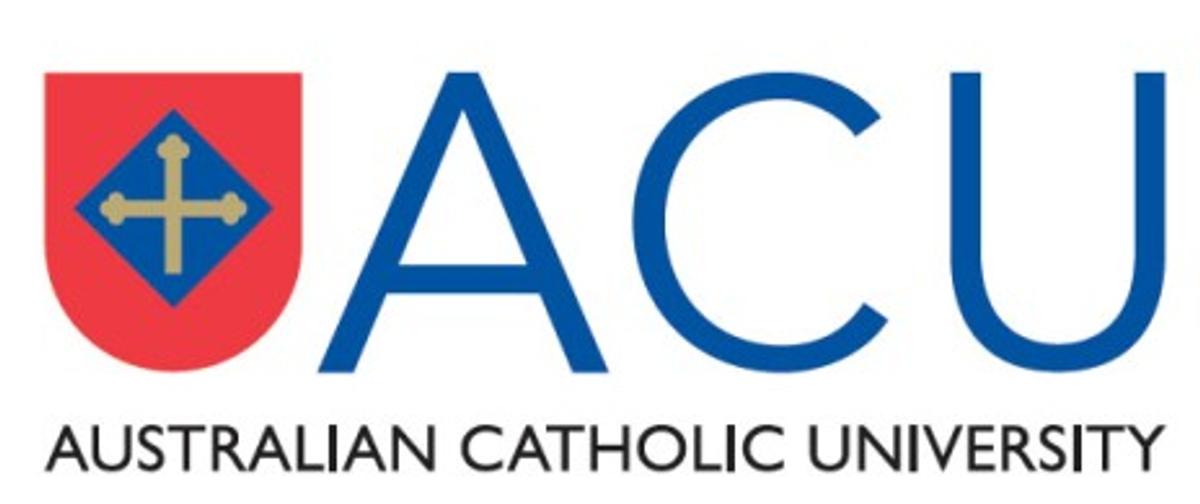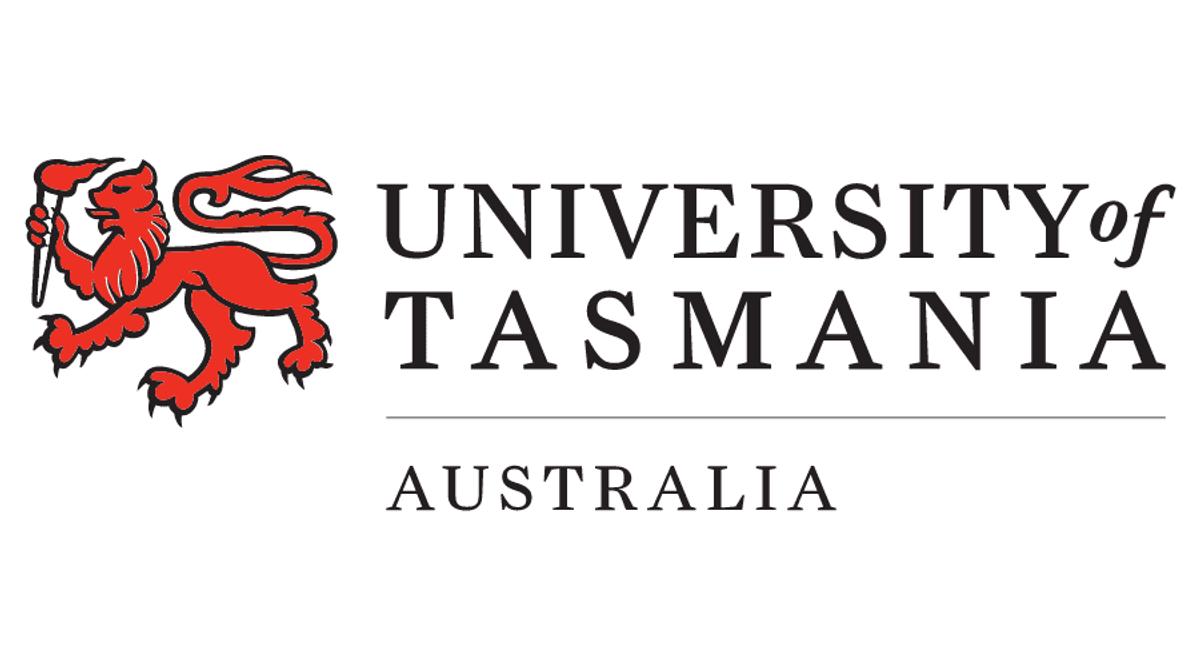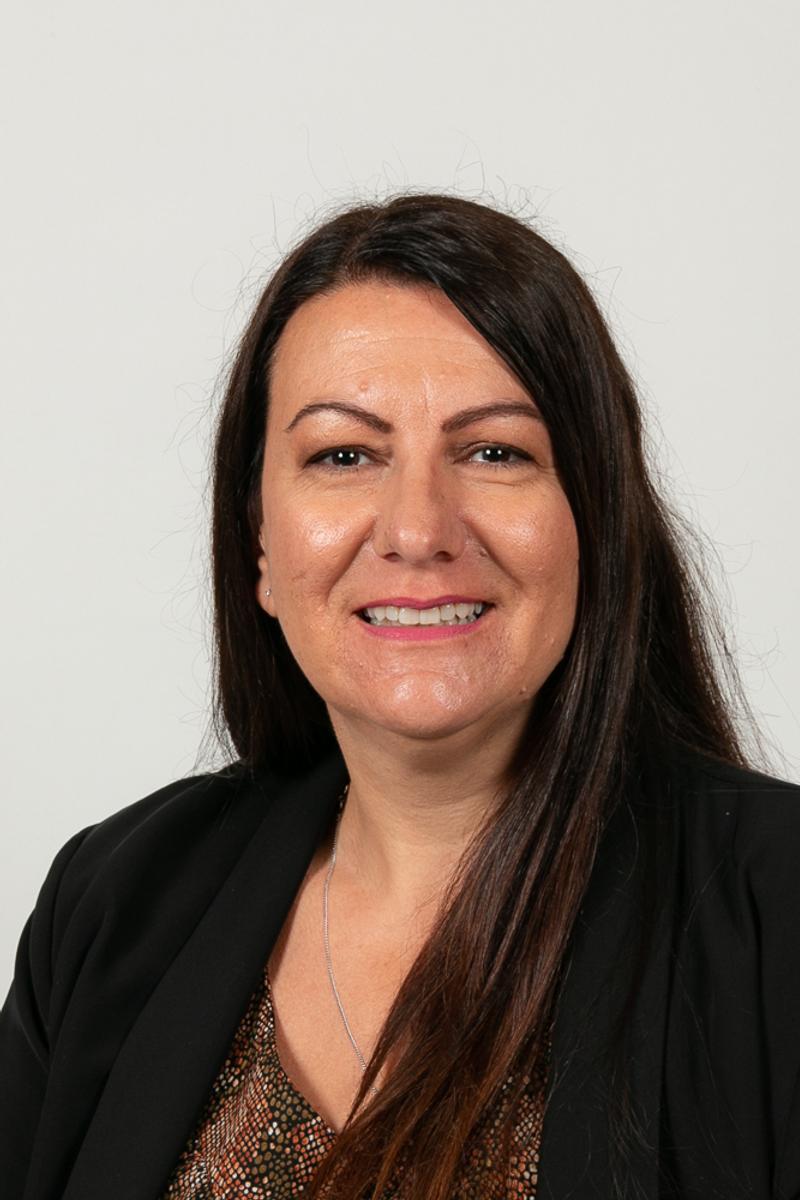Careers and Pathways

Deakin Campus Tours are back these school holidays!
Deakin University would like to invite current year 10, 11 & 12 students and their families to do a campus tour these upcoming school holidays, June-July 2021. Led by current Deakin students, the 1-hour small group tours are a great way for students to get a feel for life on campus and ask questions about the courses that interest them.
Registrations are essential and fill up quickly! Register now
TAFE and University Open Days 2021
Attending open days is an important step towards making decisions about your future education and training. Open days allow you to find out about an institution’s courses and programs, explore campus facilities and speak with current students about their experience.
This year, many institutions are offering a virtual and/or on-campus COVID-19 safe experience. In Victoria, government restrictions mean that places may be limited and registrations may be required. Do your research for specific details and dates and register so you don’t miss out!
A more detailed Open Day list will be provided in term 3.
Victoria
| Date | Institution | Event type |
| 29 June | Australian Catholic University (Melbourne) | On campus |
| 1 July | Australian Catholic University (Ballarat) | On campus |
| 25 July | Monash University | Virtual |
| 28 July | Monash University | Virtual |
| 1 August | Swinburne Institute of Technology | Virtual |
| 7 August | Monash University (Peninsula) | On campus |
| 8 August | Monash University (Clayton & Caulfield) | On campus |
| 14 August | William Angliss Institute | On campus |
| 15 August | The University of Melbourne | On campus |
| 15 August | Monash University (Parkville) | On campus |
| 15 August | Deakin University | Virtual |
| TBC | Victoria University | TBC |
RMIT Open Days Online 2021
Sunday 1 August 2021, 9:00 am - Tuesday 31 August 2021, 3:00 pm
Throughout August, RMIT will be opening its physical and digital doors. You can explore the cutting-edge facilities, chat with inspiring staff and students and hear from industry how RMIT will prepare you for the future of work, face-to-face or from the comfort of your own home.
Meet lecturers and staff members who are leaders in their field and who apply their expertise directly to programs. See what makes RMIT a unique learning experience and hear industry leaders talk about the future of life and work and what it means for you.
At the forefront of classroom design, RMIT’s teaching spaces encourage collaborative and student-centred learning. Walk the New Academic Street to see the latest student study spaces.
If you’re not able to make it to campus, or just interested in having a sneak preview, you can explore RMIT buildings and campuses online. With maps and 360 tours, you’ll be able to see what RMIT have to offer and what life at RMIT is like.
Find out more: https://openday.rmit.edu.au/
RMIT Campuses:
| Bundoora on-campus 2021 | Sunday 1 August 2021, 10:00 am - 2:00 pm |
| City on-campus 2021 | Sunday 8 August 2021, 10:00 am - 2:00 pm |
| Brunswick on-campus 2021 | Sunday 8 August 2021, 10:00 am - 2:00 pm |
| Bendigo on-campus 2021 | Sunday 15 August 2021, 10:00 am - 2:00 pm |
| Point Cook on-campus 2021 | Sunday 22 August 2021, 10:00 am - 2:00 pm |
La Trobe University Open Day 2021
Sunday 1 August 2021, 10:00 am - 2:00 pm
La Trobe University, Melbourne Campus, Kingsbury Drive, Bundoora VIC, Australia
Discover the range of courses and find out what your studies at La Trobe could look like.
Before you even set foot on campus, you could start the party with your Ultimate Ears Wonderboom 2 or head out with your new Fitbit on your wrist, AirPods in your ears and Rains Backpack on your shoulders.
Register your interest to stay informed and be in the running to win a tech pack
Find out more: https://www.latrobe.edu.au/openday
Monash Open Day Peninsula Campus Discovery Day
| Sat 7 August 2021, 9:00 am - 3:00 pm | Monash University Peninsula Campus |
| Sun 8 August 2021, 9:00 am - 3:00 pm | Monash University Caulfield Campus |
| Sun 8 August 2021, 9:00 am - 3:00 pm | Monash Clayton Campus Transport Interchange |
| Sun 15 August 2021, 9:00 am - 3:00 pm | Monash University Parkville Campus |
Monash University is opening its doors to senior secondary school students so you can experience the best of their four Australian campuses. Because you missed out on visiting last year, Monash University wants to give you the first opportunity to discover exactly what it’s like to be a Monash student.
To maximise your time on campus, they’ve picked the best bits for you! You’ll take part in an entirely curated experience, bringing you the best of Monash’s staff, students, campus and facilities.
Places will be limited, so registrations will be required.
Find out more: https://www.monash.edu/open-day
Monash University Digital Open Day
Wednesday 28 July 2021, 9:00 am - 3:00 pm
Discover Monash from the comfort of your own home. Explore the University’s ten study areas and their range of pathway options, live chat with course advisers, academics and students, and tune in to information sessions to get all your questions answered
Find out more: https://www.monash.edu/open-day
ACU in Focus: NEW undergraduate course for 2022
ACU is thrilled to announce the Bachelor of Criminology and Criminal Justice will be offered for students in 2022, subject to final approval.
This new three-year course will allow students to delve into the criminal mind and develop knowledge to make a valuable contribution to the justice sector. They will understand the complex causes and impact of crime and explore fascinating areas like forensic psychology, forensic science, cybercrime, and border protection and biosecurity.
Graduates could become a criminologist, police officer (state, territory or federal), community corrections officer, policy advisor, immigration and border protection official and more.
Double your options
ACU is also launching a range of exciting dual degrees with the Bachelor of Criminology and Criminal Justice, giving students the opportunity to deepen their knowledge and become experts in the second area of study.
ACU graduates have a solid understanding that the work they will do makes our community, nation and the world a better place. The Bachelor of Criminology and Criminal Justice prepares students for a rewarding career with values of justice and respect at its core.
Snapshot of the University of Tasmania (UTAS) in 2021
- The University of Tasmania is ranked in the top 300 universities in the world and is one of Australia's premier universities for teaching excellence.
- The University has more than 29,000 local, national, and international students, with 90,000 alumni spread across more than 120 countries.
- The university is also ranked as a world leader in research - Why UTAS?
- UTAS has campuses within the three main regions of Tasmania – Hobart in the south, Launceston in the north and Burnie in the north-west. The University also two campuses in Sydney – Darling Harbour and Rozelle.
- UTAS has a number of colleges –
- The university has three main specialist institutes –
- UTAS offers specialised courses in marine and Antarctic studies and maritime studies
- The University of Tasmania also offers in Medicine, Biotechnology, Laboratory Medicine and Medical Research - Medicine and Medical Research
- There are many undergraduate and post-graduate courses offered at the University of Tasmania.
- UTAS has numerous industry partners where students in the College of Health and Medicine can participate in Professional Experience Placements.
- The University of Tasmania’s generous Scholarships and Prizes program encompasses state, national and international sponsored programs for domestic and international students.
- The University of Tasmania has exchange agreements with a number of universities across the world - Types of Exchange Programs and Exchange Partner Institutions.
- UTAS offers a range of accommodation options to students.
How to become an Urban Planner
Design functional and enjoyable areas to live, work and play
What do Urban Planners do?
Urban Planners develop the plans and programs to make the best use of land. Their planning skills are needed to develop infrastructure and services to create communities, accommodate growth, or revitalise physical facilities in towns, cities, counties, and metropolitan areas. Regional planners work outside these areas.
If you are logical, innovative and great at solving problems, becoming an Urban Planner could be a rewarding profession to consider.
About you:
- Vision and innovative thinking
- Great at data collection and analysis
- Understanding of social, economic, cultural, and environmental issues
- Good at design and aesthetics
- Communication and collaboration
- Project management and teamwork
- Negotiator, mediator, facilitator and advocate
The job:
- Research, data collection and analysis
- Carry out site surveys, inspections and impact assessments
- Consult with Government, state, community, developers and others
- Create detailed plans, designs and cost reports
- Present plans and reports to stakeholders
- Advise on planning issues and disputes
- Help in obtaining required permits
- Ensure laws and regulations are met
- Supervise and work with other professionals
Lifestyle Impact: Low
- Part-Time opportunities: Low – only 20% of Urban Planners work part-time (source: joboutlook.gov.au).
- Average hours for full-time workers: 42 hours a week, which is average (source: joboutlook.gov.au).
- Urban Planners’ salary (average) $80,000* per year (Source: com.au). *Salaries vary depending on your skills and experience.
- Future career growth: Strong (Source: joboutlook.gov.au).
- You’ll be required to attend lots of meetings and be on-site, but some of your work may be done remotely from home. You’re unlikely to have to work weekends or out of office hours.
Urban Planners are most in-demand in these locations:
Urban Planners are most in-demand in New South Wales and Victoria. However, there are opportunities across Australia, even in more regional locations. Lots of Urban Planners work with metropolitan councils or within other Government organisations, but there are also jobs within private firms.
You could work as a Regional Planner or specialise in a particular area such as transport planning, strategic planning, urban design, environmental impact assessment, residential planning, commercial and industrial planning, heritage planning, tourism planning, disaster or social planning.
How to become an Urban Planner in Australia
You’ll need a bachelor’s degree or postgraduate qualification in urban, regional or environmental planning to work as an Urban or Regional Planner in Australia.
Step 1 – Complete your high school certificate, English and Maths may be prerequisites for many tertiary qualifications.
Step 2 – Complete a tertiary qualification in a relevant field such as the Bachelor of Urban and Regional Planning (RMIT)
Tip: Check with the Planning Institute of Australia for accredited courses.
Step 3 – In addition to workplace experience as part of your degree, seek out summer placements or voluntary positions in other organisations to gain more skills, network further and explore other areas of planning.
Step 4 – Apply to become a member of the Planning Institute of Australia.
Step 5 – If you’re really passionate, want to move up the management ladder, or you completed a bachelor’s degree in another field but want to move into planning, consider a postgraduate qualification. E.g. Master of Urban Planning.
Step 6 – Keep up with all the latest laws, regulations and technologies. Attend seminars, conferences, workshops and short courses to keep growing your skills and your networks.
Step 7 – Choose an area to specialise in and get the necessary skills and experience.
Find out more here:
Ms Vivian Seremetis
Careers Coordinator

